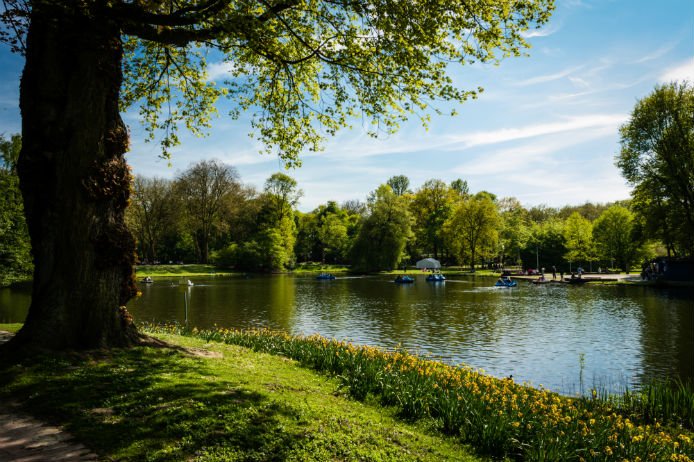Dearborn, Michigan is a vibrant suburb of Detroit that is home to over 95,000 residents. This diverse community has a rich history as the former home of Henry Ford and is now known as the centre of Arab-American culture.
| Park Name | Features |
|---|---|
| Ford Field Park | Offers trails, sports courts, and picnic areas along the Rouge River. |
| Crowley Park | Features a dog park, playground, and ball diamonds. |
| Dearborn Hills Golf Course | An 18-hole golf course with scenic views and challenging play. |
| Hemlock Park | Includes a large play structure, arts & craft area, and walking paths. |
| Dearborn Country Club | A private golf course with public play, known for its beautiful layout. |
| Oakwood Common Park | Provides a dog park and trails through natural habitats. |
| River Park & Whitmore-Bolles House | Offers riverwalk views and historical farmstead tours. |
| Sinacola Park | Focuses on youth sports with baseball/softball diamonds and more. |
| Lapeer Park | A community park with sports fields, picnic areas, and a skate park. |
| Rogers Park | Features riverfront access, a fountain, and a plaza honoring leaders. |
| Hines Park | A large park with trails, picnic areas, and natural scenery. |
| Camp Dearborn | Offers outdoor recreation with a lake, trails, and camping facilities. |
With its excellent location in southeast Michigan and abundance of natural spaces, Dearborn offers its residents and visitors numerous opportunities to enjoy the outdoors. The city contains over 650 acres of thoughtfully designed parks that provide a respite from urban life. Families can picnic in the shade, hike scenic trails, or enjoy a game on one of the many athletic fields.
This article will highlight 12 of the top parks and natural areas in Dearborn. For each entry, you’ll find details on the location, size, amenities and recreational activities offered. Whether you want to relax by the riverfront, let the kids burn off some energy at an adventure playground, or explore peaceful nature trails, you’re sure to find a perfect park to meet your needs in Dearborn.
1. Ford Field Park
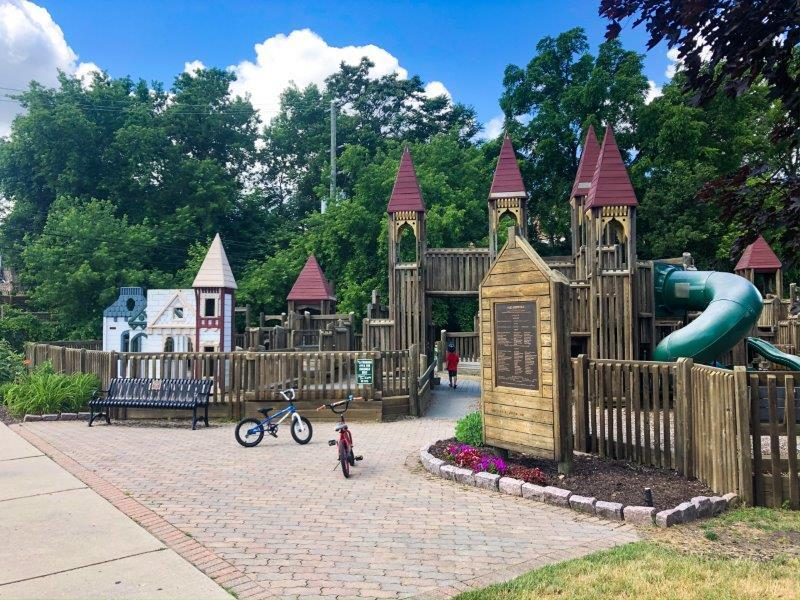
Name and Location: Ford Field Park is located at 1151 Greenfield Road in Dearborn, Michigan.
History and Significance: Originally owned by Ford Motor Company for employee picnics, the 126-acre park was donated to the city in the 1920s. With athletic fields, woods, streams and playgrounds, it has been a popular community recreation spot for over a century.
What to Expect: Visitors will find ball diamonds, soccer fields, basketball and tennis courts, hiking trails, playgrounds, picnic shelters and scenic natural areas perfect for playing sports, exercising, or relaxing with family.
Visitor Information: Park opens daily at sunrise. Usage permits required for group events and sports leagues. Free admission otherwise.
Tucked away on wooded acreage in west Dearborn is Ford Field Park. Encompassing 148 acres adjacent to the University of Michigan-Dearborn campus, this spacious park contains extensive recreation facilities for community events and gatherings.
Visitors can meander along 1.5 miles of paved trails that wind through the mature trees and open meadows. Many of these trails connect to the Adray Basketball Courts, baseball diamonds, soccer fields and children’s playgrounds scattered throughout the grounds.
The west side of the park contains the picturesque Upper Rouge Trail that follows the river corridor. Families often picnic along the riverbanks while enjoying views of the wooded bluffs and native vegetation. Anglers can also be spotted fishing for steelhead and salmon during the annual spawning runs.
With its diversity of active and passive recreation opportunities, Ford Field Park has something to offer guests of all ages and interests.
2. Crowley Park
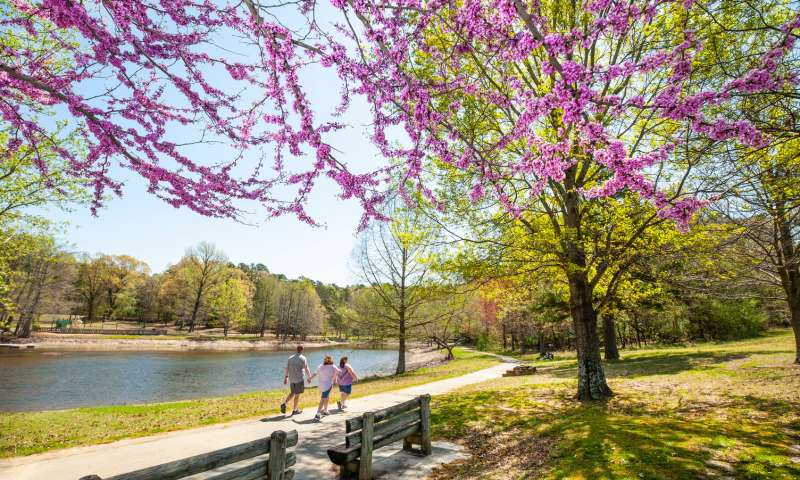
Name and Location: Crowley Park is a community park located at 9601 Ford Road in Dearborn, Michigan.
History and Significance: Formed in 1928 along Rouge River, this city gem offers 64 acres of public recreation including one of Dearborn’s original outdoor pools, wooded trails, gardens, and playing fields blending with well-designed natural spaces.
What to Expect: Visitors will enjoy walking paths, play areas, picnic spots and varied gardens surrounding an impressive Olympic-sized pool facility offering recreational and lap swimming, events, and swimming lessons for youth.
Visitor Information: The park and garden areas are open daily. Pool open June–August with small entry fees.
Located on Greenfield Road, the 120 acres of Crowley Park provide a peaceful oasis just minutes from Livonia’s shopping districts. Accentuated with rolling open lawns, shade trees and water features, Crowley Park offers visitors the ambiance of the countryside despite its urban location.
The central lagoon makes a lovely backdrop for a picnic or family photo. Visitors with dogs will enjoy the spacious dog park, while kids gravitate towards the large playground and splash pad during warmer months. Two sets of ball diamonds also allow for pickup games or league play.
Paved pathways encircle the lagoon and traverse the grounds, linking the park’s many activity areas. Longer natural surface trails on the backside lead through meadows and forested sections along the Rouge River. Crowley Park’s scenic beauty, diversity of amenities and location within a populated suburb make this riverside park a popular community gathering space.
3. Dearborn Hills Golf Course
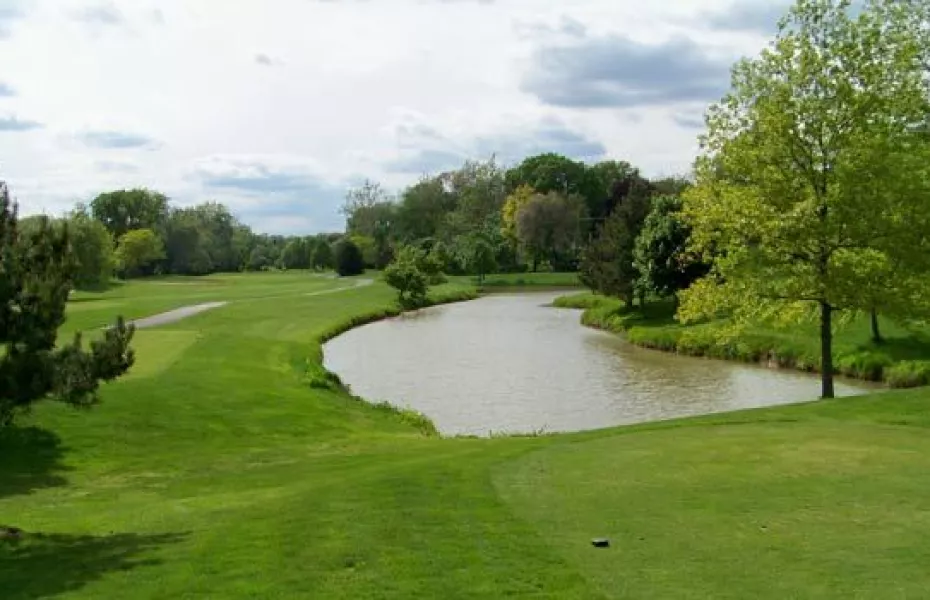
Name and Location: Dearborn Hills Golf Course is located at 1300 S. Telegraph Road, Dearborn, Michigan.
History and Significance: Designed by award-winning architects and opened in 1921, this scenic 18-hole course has challenged generations of golfers across sweeping elevation changes amid protected wetlands. Recent upgrades have further enhanced course playability and sustainability.
What to Expect: Technical diversity meets natural splendor with towering oak trees lining undulating fairways, well-bunkered greens, a full driving range and refreshed clubhouse with lounge. Perfect for events or casual play.
Visitor Information: Daily public play; rates vary by time and residency. Reservations suggested, especially for groups. Season runs April–October.
Golfers seeking scenic views along with a bit of exercise should visit the Dearborn Hills Golf Course. This 18-hole municipal course winds along towering bluffs above the Rouge River, taking advantage of the area’s natural elevation changes and wooded ravines.
With yardages ranging from 5,000 to over 6,800 yards, Dearborn Hills provides a quality test of skills for all playing levels. Strategically placed bunkers, tiered greens, dogleg fairways and scenic water features influence club selection and approach lines on nearly every hole. The signature #13 hole drops nearly 100 feet from tee to green!
In addition to an enjoyable golf experience, players will appreciate the superb course conditioning, dedicated driving range and practice facility. Groups can make reservations at Bar & Grill 19 for delicious dining with a panoramic view after their round. Dearborn Hills Golf Course delivers exceptional public access golf within minutes of Detroit’s city limits.
4. Hemlock Park

Name and Location: Hemlock Park is located at 1200 Hemlock Street in Dearborn, Michigan near Fordson Island Park.
History and Significance: Situated upon original 1936 estate grounds of automotive pioneer Harvey S. Firestone, this hidden 8 acre greenspace preserves his unique hemlock tree collection and heritage garden areas for public enjoyment along the Rouge River.
What to Expect: Visitors follow curving pathways under towering old-growth conifer canopy to discover Firestone’s English style gardens, now-restored historic water features and diverse tree specimens collected from his world travels – a tranquil scenic urban oasis.
Visitor Information: Free access without restrictions. Located in residential neighborhood with on street parking available. Grounds open daily until dusk.
For 32 acres of family-friendly recreation opportunities, Hemlock Park can’t be beat. Conveniently located north of Ford Road on Hemlock Street, this charming neighborhood park packs a variety of amenities into its modestly sized grounds.
Kids will beg to spend hours exploring ICARUS, the park’s monumental wooden play structure. Towering slides, balance beams, rope nets and tunnels provide challenges for children of all dexterity levels. When they tire out, kids can get creative at the arts & craft building or splash in Hemlock Park’s winding creek.
Adults appreciate the park’s relaxing pergola garden, bocce ball courts and paved walking paths that traverse the rolling open lawns. Bikers and joggers will find easy connections to regional trails via the pedestrian tunnel under busy Ford Road. With picnic tables and park shelters conveniently placed throughout the grounds, Hemlock Park is a perfect gathering spot for youth birthday parties, family reunions and neighborhood celebrations.
5.Dearborn Country Club
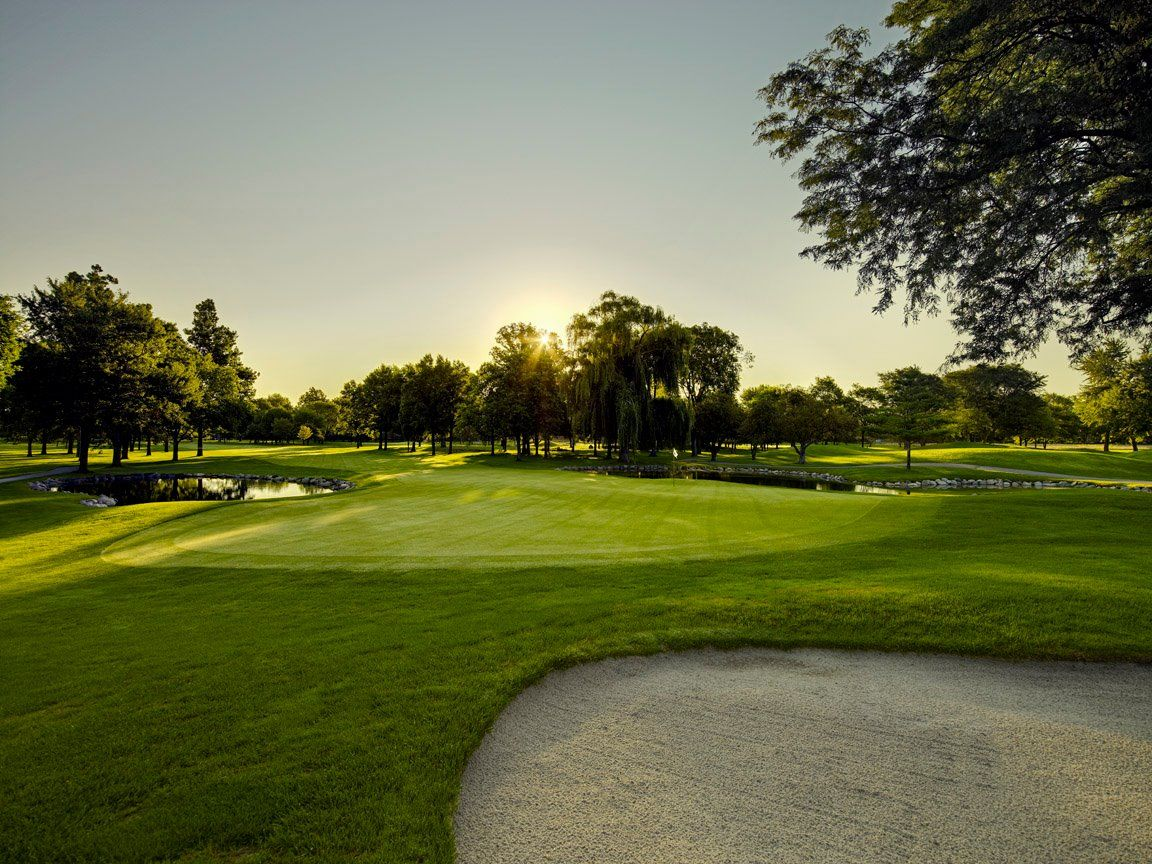
Name and Location: Dearborn Country Club is located at 1300 S. Telegraph Road in Dearborn, Michigan.
History and Significance: Founded in 1916 by automotive pioneers, the original club was replaced in the 1920s by a new state-of-the-art private facility renowned for elite championship play and social prestige, hosting US Open qualifying and other high profile amateur tournaments regularly.
What to Expect: This exclusive member-owned club maintains a superb 18-hole golf course offering demanding play with undulating bentgrass greens, strategic bunkering, and scenic water features amid a classic Tudor-style clubhouse known for first-class dining and amenities.
Visitor Information: Private club for members/guests only. Inquire about possible public special event meal services and lounge access.
Though technically a private club, the Dearborn Country Club allows public play on its immaculately conditioned golf course. This classic parkland-style layout was masterfully crafted from former farmland in 1922 by renowned golf architect Willie Park Jr.
Mature trees frame gently undulating fairways that seamlessly blend with the surrounding terrain. Small creeks and dry washes traverse the course, requiring accurate shot placement. Large contoured greens protected by deep bunkers test proficiency with short irons and putters. With five sets of tees ranging from 5,000 to 7,000 yards, Dearborn CC offers an enjoyable experience for novice and skilled golfers alike.
The traditional Tudor-style clubhouse provides casual dining and event services on its patio overlooking the scenic 18th hole. Golfers seeking a refined country club experience will feel privileged walking Dearborn’s fairways.
6. Oakwood Common Park
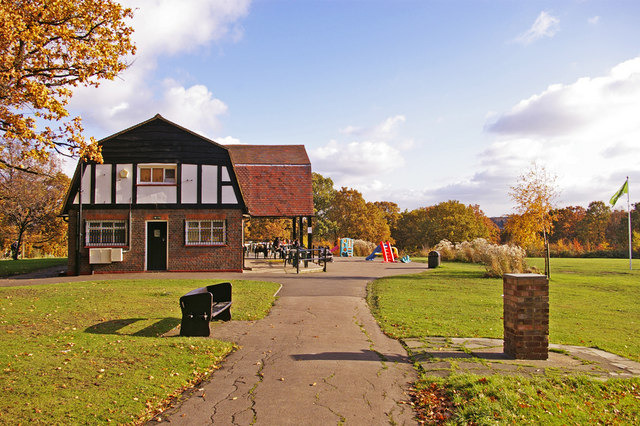
Name and Location: Oakwood Common Park encompasses a full block at Oakwood Boulevard and Cherry Hill Road one mile east of Greenfield Village in Dearborn, Michigan.
History and Significance: Former estate grounds purchased by the city after World War 2, this unique park combines history lecture space with landscape artistry across gently rolling open terrain supporting community gatherings and quiet repose amid native meadows near ND Trail.
What to Expect: Benches interspersed through mowed walkways and floral plantings encourage relaxation within view of Whittier Meeting House where costumed interpreters give insights on 19th century life during summer open hours – contrasting early settlement hub with modern surroundings.
Visitor Information: Free access without restrictions. Building open seasonally for lectures and programs, otherwise grounds stay open daily until dusk.
Newly developed Oakwood Common Park transforms 25 acres of vacant land into Dearborn’s first centralized dog park facility. Located on Oakwood Boulevard just south of Michigan Avenue, this thoughtfully designed park provides separate enclosed areas for large and small breed dogs to exercise and socialize.
Agility equipment like hurdles, tunnels and balancing elements keeps active pups engaged. Shaded seating, dog wash stations and waste bags keep pet owners comfortable while supervising their furry friends. Beyond the fenced bark park, guests can hike woodchip trails through restored prairie habitat and wetlands. Interpretive signage educates visitors on the native vegetation, birds and wildlife supported on the grounds.
With its proximity to Dearborn’s bustling town center and specialized amenities for dog lovers, Oakwood Common Park satisfies an important recreational niche in the community. Stop by to let your pup make some new friends!
7. River Park & Whitmore-Bolles House

Name and Location: Dearborn’s River Park and Historical Whitmore-Bolles House is located at 22446 Michigan Avenue along the Rouge River.
History and Significance: Occupying land with occupation evidence dating back to Native American settlements, the area contains peaceful greenspaces and prairie restoration areas surrounding an 1837 Greek Revival farmhouse later expanded into lavish Queen Anne Victorian now operated as riverfront museum.
What to Expect: Park hiking and canoe access complement tours providing insight on early Dearborn family life through preserved furnishings and decorative details within the spacious restored estate home, outbuildings and gardens.
Visitor Information: Park open daily 6am-10pm; buildings have limited tour season May–October. Fees apply for some areas.
Along the banks of the historied Rouge River in west Dearborn lies River Park, an open green space operated by The Henry Ford museum complex. Visitors strolling along the paved riverwalk will spot kayakers paddling the gentle Class I rapids as they pass under the CSX railroad and bridge ruins. These remnants provide clues into the Rouge River’s significance as an early transportation corridor during Detroit’s settlement era.
In the adjacent meadow stand the stately Whitmore-Bolles House and barn, accessible via guided tour from The Henry Ford. Dating back to 1849, this wonderfully preserved farmstead immerses guests in 19th century rural living. Costumed interpreters demonstrate heritage crafts, gardening and livestock handling reflective of the Bolles family generations. The legacy orchard still produces heirloom apples and cider enjoyed at community events.
River Park’s cultural touchstones and access to green space and waterways make this an appealing place for learning adventures or simple relaxation.
8. Sinacola Park

Name and Location: Gerard Sinacola Park is located at 650 South Military Street in Dearborn, Michigan close to the city’s Wagner School Complex.
History and Significance: Dedicated in 1972, upgrades were recently made to this small neighborhood park started by local youth baseball initiatives – adding creative play opportunities for families along with picnic shelter rentals to support community bonding in the west end district.
What to Expect: Youth and families enjoy the nautically themed playground, adjacent athletic fields and walking paths connecting area residents to nature and sports amenities ideal for birthday parties or friendly athletic matches within quick city access.
Visitor Information: Daily 6am-10pm without fees or permits unless reserving picnic shelter. New playground and off-street parking added during 2022 renovation.
Bordering Lapeer Park is 24 acre Sinacola Park, a recent addition to Dearborn’s east side recreational facilities. Development of Sinacola Park focused on meeting field sports needs identified by community youth athletic programs and schools. The site’s four youth baseball/softball diamonds feature specialty turfed infields, dugouts, spectator seating and stadium lighting for game play, tournaments and skill development. Practice areas allow teams and individuals to hone their skills on off days.
Adults gather at Sinacola Park’s six stationary corn hole stations for lively tossing competitions. Lovers of the British lawn game croquet also meet to challenge their shot making abilities on one of the lawn court playing surfaces. Paved walking paths link the play areas and connect Sinacola Park to other east side parks.
9. Lapeer Park

Name and Location: Lapeer Park is located at 941 North Denwood Street in Dearborn, Michigan close to the city’s Wagner School athletic campus.
History and Significance: Serving residents since the 1940s, this small neighborhood greenspace provides room to play alongside busy Denwood corridor – its ball field and open spaces staying active places for community refuge with recent upgrades also adding cycling path connections.
What to Expect: Visitors find the park’s baseball diamond often filled with little league practice while weekend picnickers dot the hillside above loop trails weaving through mature trees – quiet spots to spend relaxing time alone or with others escaping urban density minutes away.
Visitor Information: No fee or permit requirements. Open daily 6am-10pm with street parking available. New paved pathway adds accessibility.
Dearborn residents seeking space to throw a ball, fly a kite or just bask in the sunshine have long gathered at Lapeer Park. Situated on Lapeer Road east of Greenfield, this 74 acre open green space serves the local community with both active and passive recreation opportunities.
Visitors driving through the main park entrance will first spot the bustling sports complex. Baseball and softball diamonds host young atheletes throughout the spring and summer months. Nearby tennis and pickleball courts allow friends and families to bat balls back and forth for casual games.
Away from the playing fields, more relaxed alternatives entice guests. Shaded picnic tables and grilling stations support family gatherings and holiday celebrations. An elaborate concrete skate park challenges dexterous daredevils. Paved pathways encircle the park for a leisurely stroll or perhaps some birdwatching around the peripheral wetland habitats. With its balance of high energy courts and quiet zones plus central location, Lapeer Park meets Dearborn families’ recreation desires.
10. Rogers Park
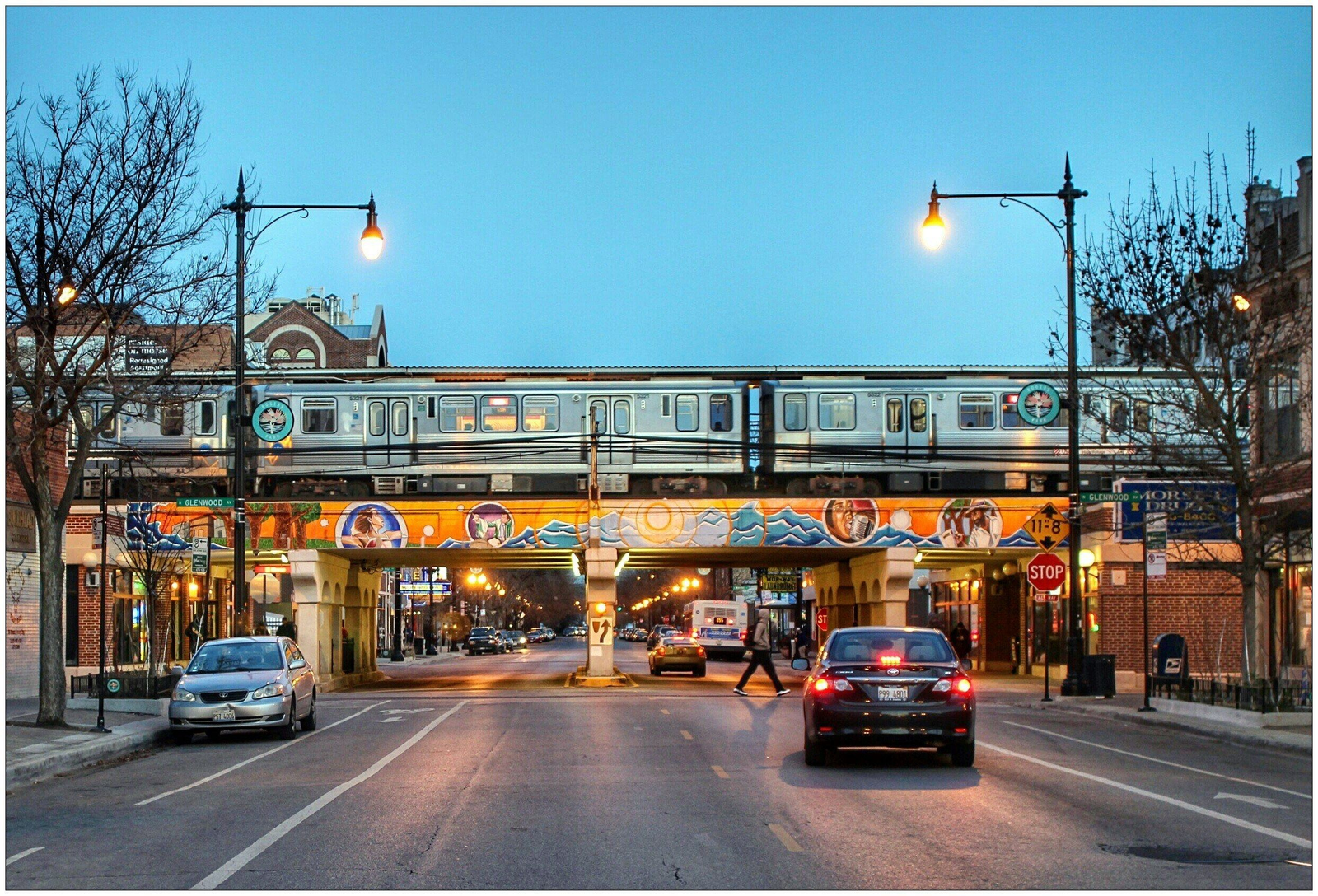
Name and Location: Rogers Park is located at 21800 Morley Avenue in Dearborn, Michigan inside the city’s Wagner school and community education campus.
History and Significance: Dedicated in 1961, expansive amenity upgrades occurred recently to serve the surrounding dense neighborhood – adding inclusive playgrounds, splash pad, walking trails and gardens around natural pond ecology as part of the city’s east Dearborn district park pathway system.
What to Expect: Families relax and play on the park’s gentle slopes containing something for all ages and abilities including sensory gardens, sledding hills, fitness stations and separate basketball courts plus a large reservable picnic shelter with nearby restrooms.
Visitor Information: Standard dawn-to-dusk access without fees. Reservations needed for shelter rentals available online.
For delightful riverfront access within Dearborn’s bustling downtown district, visitors should beeline straight to Rogers Park. Situated along the Rouge River between Michigan Avenue and Brady Street, this compact 1 acre greenspace packs numerous amenities into a small footprint.
Meandering walkways under mature oak canopies encourage visitors to linger. Inspirational brick plaza installations honor community leaders. An interactive fountain entertains toddlers under watchful parental eyes. Travelers along the Iron Belle Trail appreciate the park’s shaded benches and water fountains when they stop to refuel.
But it is the gentle Rouge River that stars as the crown jewel of Rogers Park. Locals dip fishing lines into the passing waters or capture camera-worthy photos of the Material Recovery Facility’s colorful glass murals across the channel. As Dearborn’s first public park, Rogers Park has been treasured by residents since its dedication in 1949. This riverfront refuge offers a convenient nature break just steps from downtown’s delightful shops and eateries.
11. Hines Park
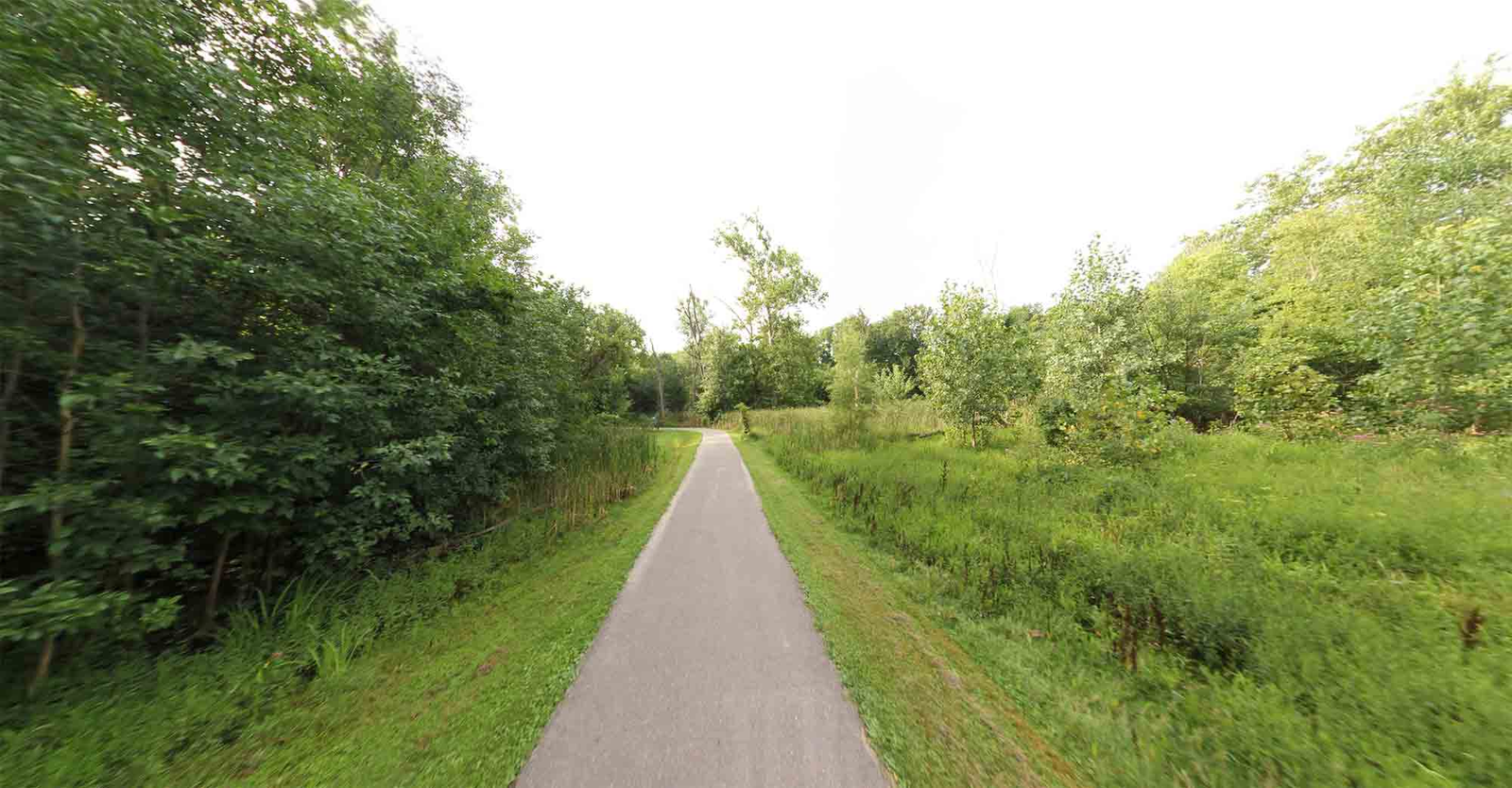
Name and Location: Traversing Dearborn, Hines Park follows the Rouge River across more than 4,000 acres of forests and trails managed by Wayne County Parks.
History and Significance: Established in 1921 with land donated by auto mogul Edward Ford, Hines grew across decades into one of America’s largest urban parks, protecting natural habitats while linking community recreation opportunities along the peacefully flowing river.
What to Expect: Hikers, cyclists, anglers and picnickers enjoy miles of trails wending through Hines’ diverse ecosystems and historic sites while encountering deer, beaver, migratory birds and other wildlife from Dearborn neighborhoods to rural outskirts nearby.
Visitor Information: Over 100 access points across metro Detroit with various amenities. Main trails open daily, dawn to dusk. Permit required for fishing.
Though sections traverse into bordering communities, metro Detroiters consider the winding waterfront trails of Edward Hines Park intrinsic parts of Dearborn’s recreation system. Developed through a series of land acquisitions during the 1920’s by judge Edward Hines, this extensive park protects rare ribbons of nature within a heavily populated suburban region.
Hines Park stretches over 17 linear miles from Northville through Dearborn Heights into Wayne. Most visitors access the park from Hines Drive, a scenic boulevard offering occasional roadside parking areas. From these vehicular launch points, recreation seekers can explore trails threading through woodlands, around kettle lakes or along the gentle Middle Rouge River. Cyclists often cruise along Hines Drive itself as bikes are given priority over automobiles within park boundaries.
Given its scale and continuity, Hines Park furnishes metro Detroit nature lovers space to immerse in regional scenery for hours without repetitive footprints. Dearborn proudly stewards the sections within its jurisdiction so that all may enjoy Judge Hines’ visionary legacy.
12. Camp Dearborn
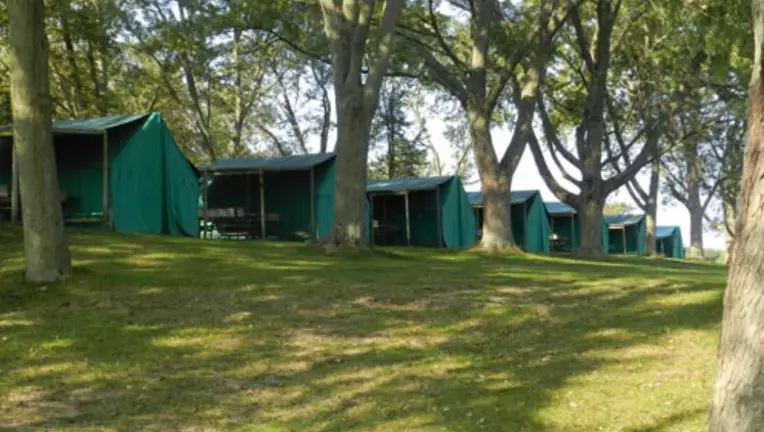
Name and Location: Located at 1700 General Motors Road, Camp Dearborn’s over 600 acres border the Rouge River within Hines Park in nearby Milford, Michigan countryside.
History and Significance: Originally opened in 1938 offering low cost recreation getaways, generations have made cherished memories through the decades at this popular family camp destination promoting outdoor living skills and group camaraderie just miles from Dearborn homes.
What to Expect: Summer camping options range from tents to full RV hook-ups along with activities like crafts, bonfires, hiking trails to catch-and-release fishing ponds and entertainment under the night stars – creating lasting nostalgia escaping urban life.
Visitor Information: Open April through October for seasonal rates. Reservations required – sites book early. Some year-round rentals available.
Nesting below stately oak and hickory trees, Camp Dearborn provides 677 acres of quintessential Michigan woodland charm just minutes from Dearborn’s city limits. Operated by the Recreation Department since 1948, this extensive park space allows visitors to temporarily escape urban life without traveling great distances.
Nature lovers traverse over seven miles of hiking and cross-country ski trails that meander through rolling upland forest and down into wetland corridors. Mountain bikers test their skills on the two-mile off-road track full of banked curves and elevation changes crafted by veteran trail builders. Equestrians canter along designated horse trails during monthly weekend ride-ins.
For those desiring water play, Camp Dearborn centers around the shores of a twelve acre private lake. Beachgoers relax in the roped off swim area or shriek with laughter sluicing down the giant inflatable, Aqua Run. Canoers and stand up paddle boards explore the lake’s interesting coves. Lifeguarded daily until early September, the swimming lake offers one last taste of summer vacation before metro Detroit transitions into fall.
With its diversity of recreation opportunities and welcoming atmosphere of togetherness, Camp Dearborn engenders Dearborn pride. Rustic cabin rentals, campsites and special community events like Halloween Hayrides or Crystals Kicks Soccer Camp make lasting summer memories across generations.
Conclusion
As evidenced above, Dearborn’s parks system has green space and activity options sure to engage any age or interest. Well-established neighborhood playgrounds, vast complexes for amateur athletics and multiple links to regional trail networks promote an active lifestyle across Dearborn’s diverse community.
Quiet zones for reverie whether along the babbling Rouge River or under mature hardwood canopies restore mental vitality. Interpretive amenities at heritage sites like The Henry Ford estate immerse visitors into southeast Michigan’s formative stories. And Dearborn’s magnificent golf courses challenge skill development within beautiful surroundings. Though just minutes from Detroit’s bustling urban attractions, Dearborn’s parks transport residents and guests to a sanctuary celebrating relationships and Michigan’s natural splendor.

